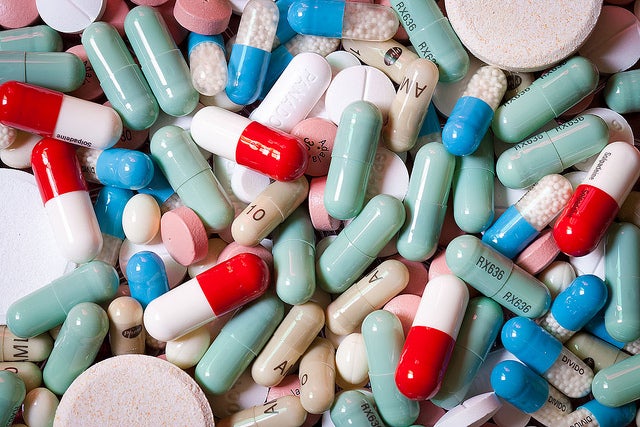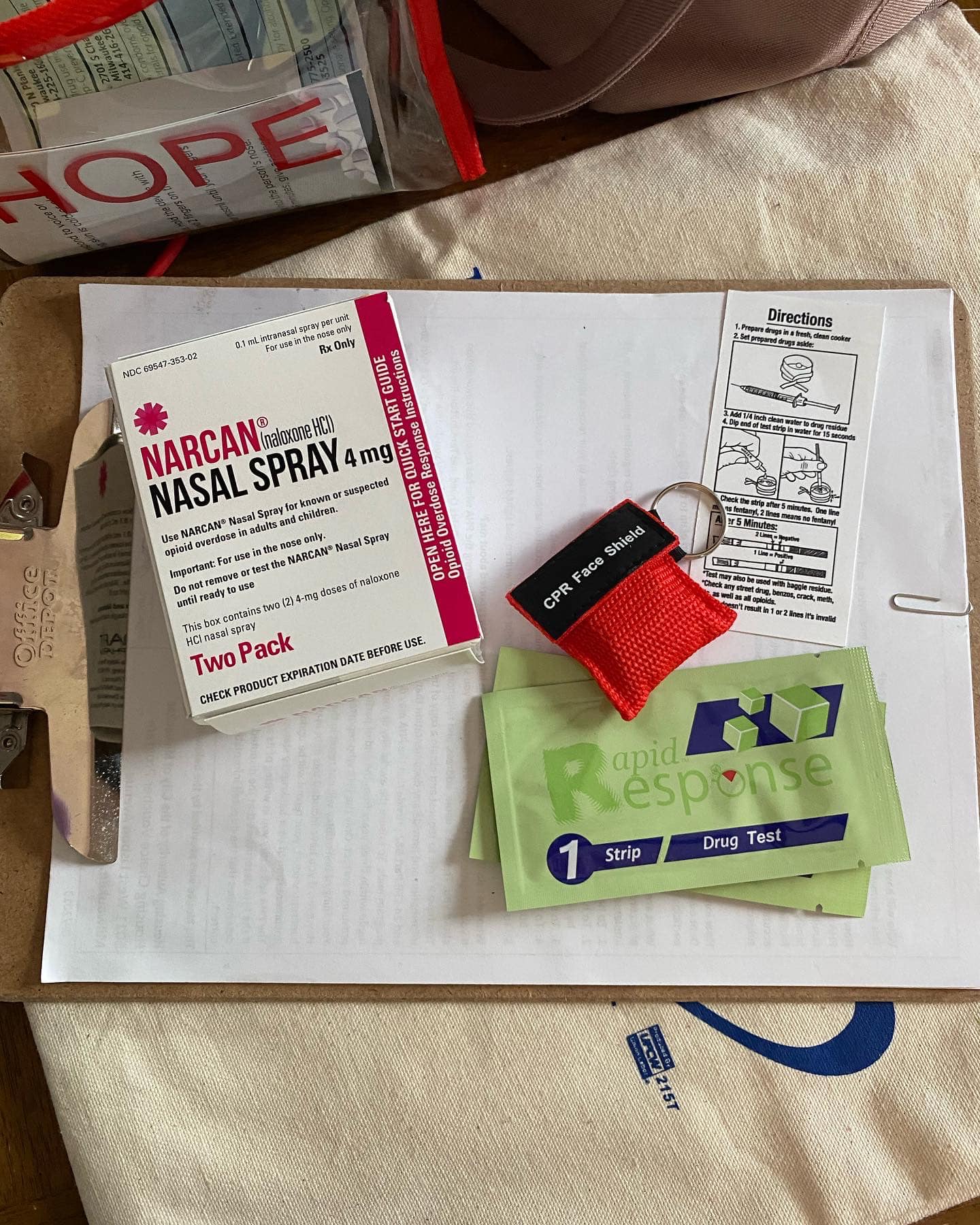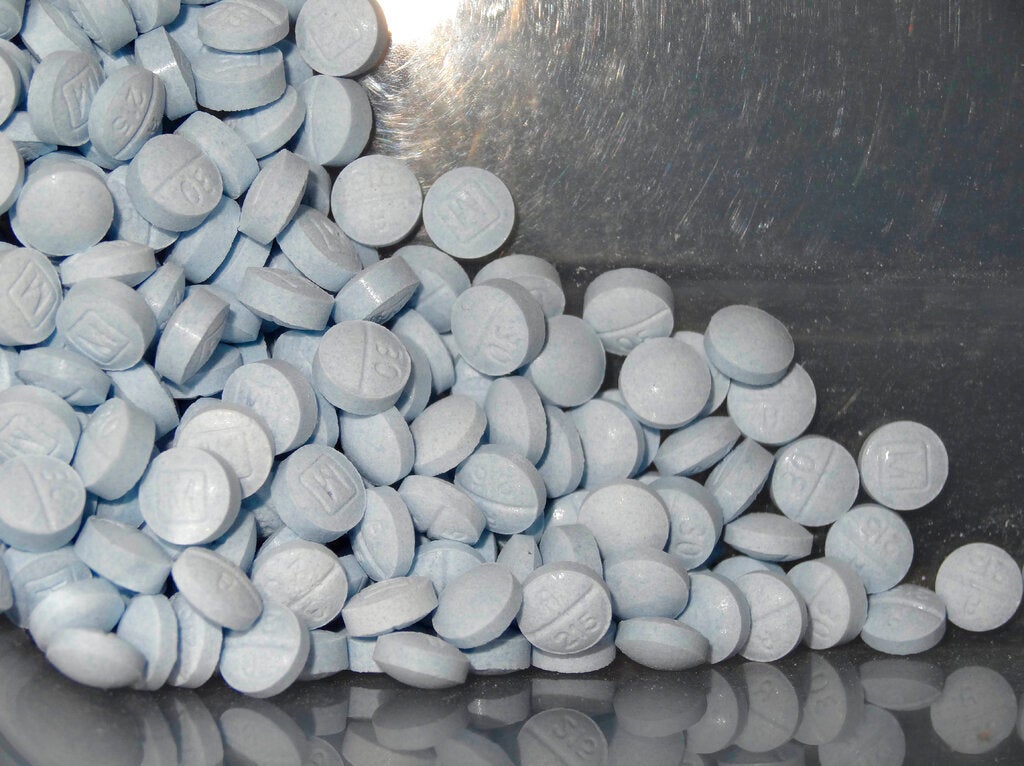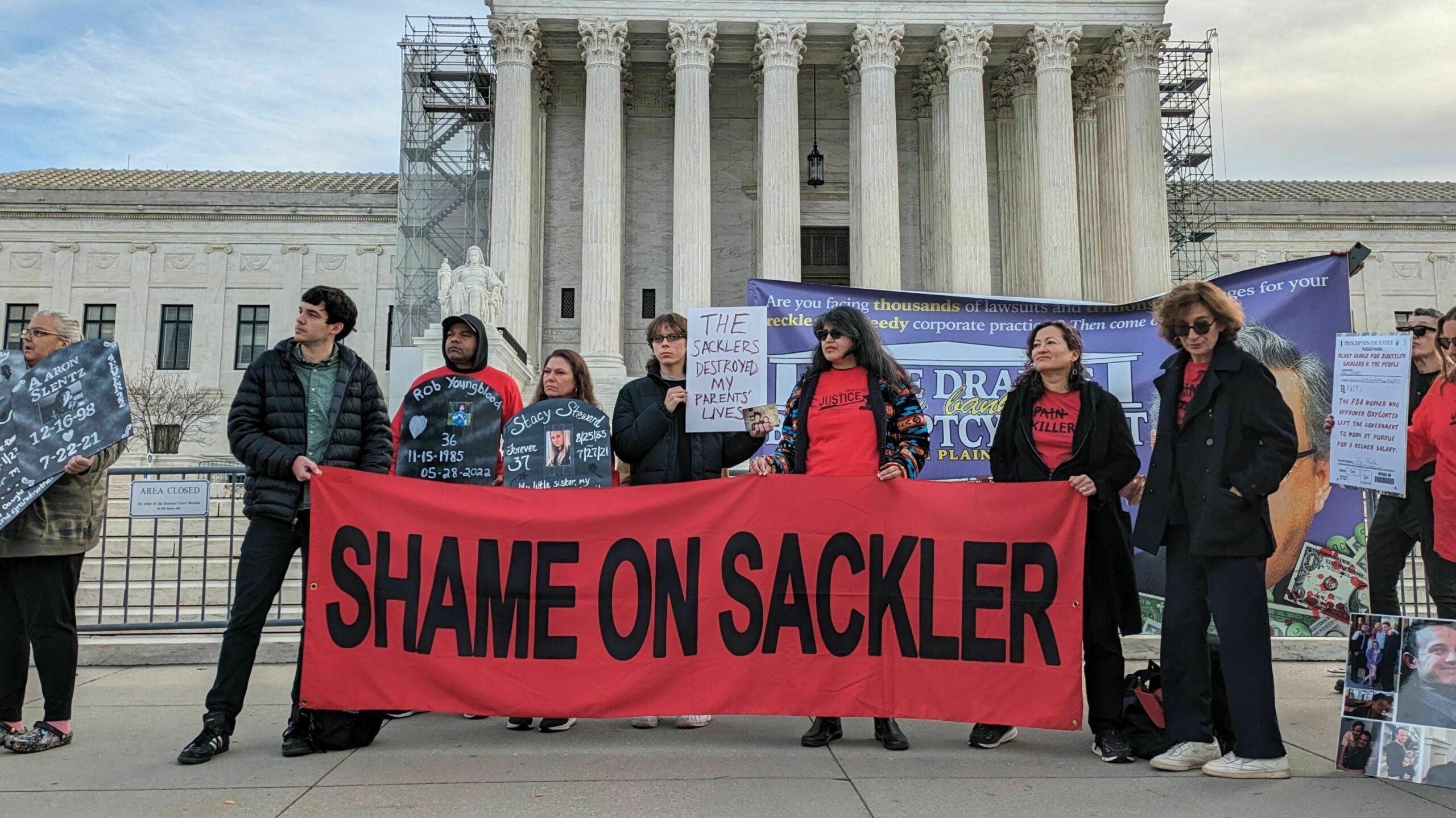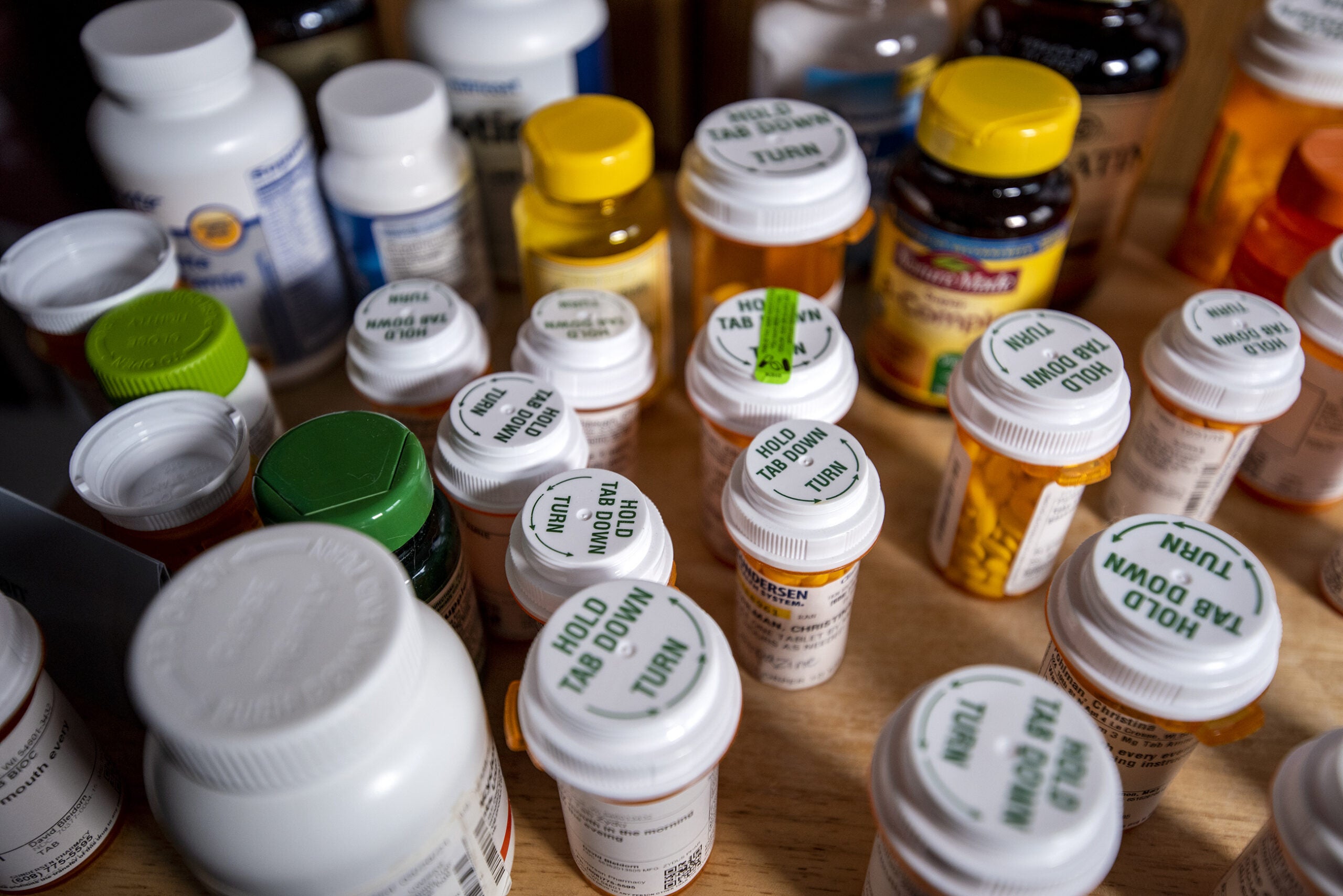Wisconsinites will have a chance to safely dispose of unused and expired medicine Saturday.
The goal of National Drug Take Back Day is to provide a safe, convenient and responsible way to dispose of prescription medications, while also educating the general public about the potential for abuse.
This comes at a time when substance abuse remains a serious problem in the state.
Stay informed on the latest news
Sign up for WPR’s email newsletter.
People can bring prescription and over-the-counter medications to one of the more than 130 collection sites across the state. Illegal drugs and household hazardous waste like paint won’t be accepted.
The Wisconsin Department of Justice is coordinating a Prescription Drug Take Back Initiative throughout Wisconsin.
“One of the ways that substance use disorder can be developed is by the misuse of prescription drugs,” Wisconsin Attorney General Josh Kaul said. “By safely disposing of those prescriptions, folks across the state can help combat the opioid epidemic.”
Wisconsin leads the nation in Drug Take Back Day. For the last five five events, the state has collected more pounds of drugs than any other state. In the most recent event, Wisconsin collected more than 53,000 pounds of drugs.
Kaul is proud of Wisconsin’s efforts.
“We want to continue to see that progress building on prior progress and we want to keep Wisconsin at the top of the list nationwide so that we can ensure that those prescription drugs aren’t being diverted,” Kaul said.
Over the past five years, Shawano County has taken back about 2,600 pounds of prescription medications through the program.
Lieutenant Chris Madle with the Shawano County Sheriff’s Office said his office is participating in the event because he doesn’t want medication misuse to start in the home.
“We don’t want to have any accidental ingestions with children at home. So if you have any old unused medications, we are urging our community to use these resources,” Madle said.
He also says the event is a safe alternative to dumping medicine down the drain or toilet.
“Our wastewater treatment doesn’t filter out all the prescription medications within the water if you do flush them, therefore leading to us drinking water that may be contaminated with medication that we don’t need to take,” Madle said.
There will be three additional drop-off sites in Shawano County on Saturday, meant to be more convenient than the county’s two permanent drug drop boxes.
He said the department shares information through social media which may not reach elderly and rural communities.
“They might not even know it’s a resource. So I guess it’s just important for us to try and get out to as many spots as we can,” Madle said.
In 2022, a record high 1,464 Wisconsinites died of opioid overdoses. That’s compared to 613 opioid-related deaths in 2015.
Wisconsin is due to receive $750 million in total funding through 2038 from a national lawsuit against the pharmaceutical industry. Republicans on the Legislature’s budget committee have blocked a plan from Gov. Tony Evers’ administration for how to spend the money.
Shawano County received grants from the opioid settlement fund for community drug disposal systems. The department will use the money to purchase drug deactivation kits. They will be distributed to rural communities through village and town halls.
Madle said medication safety goes beyond Drug Take Back Day. He urges people to keep track of prescriptions, appropriate dosage and expiration dates.
“We need to understand first of all we’re being issued and how much of it we have before we can realize that there’s a problem and all of a sudden you’re realizing that pills are going missing,” Madle said.
If you or someone you know is struggling with addiction, call the Wisconsin Addiction Recovery Helpline at 211 or text your ZIP code to 898211. You can also learn more about treatment options or how to respond to an overdose at: dhs.wisconsin.gov/opioids.
Wisconsin Public Radio, © Copyright 2024, Board of Regents of the University of Wisconsin System and Wisconsin Educational Communications Board.

